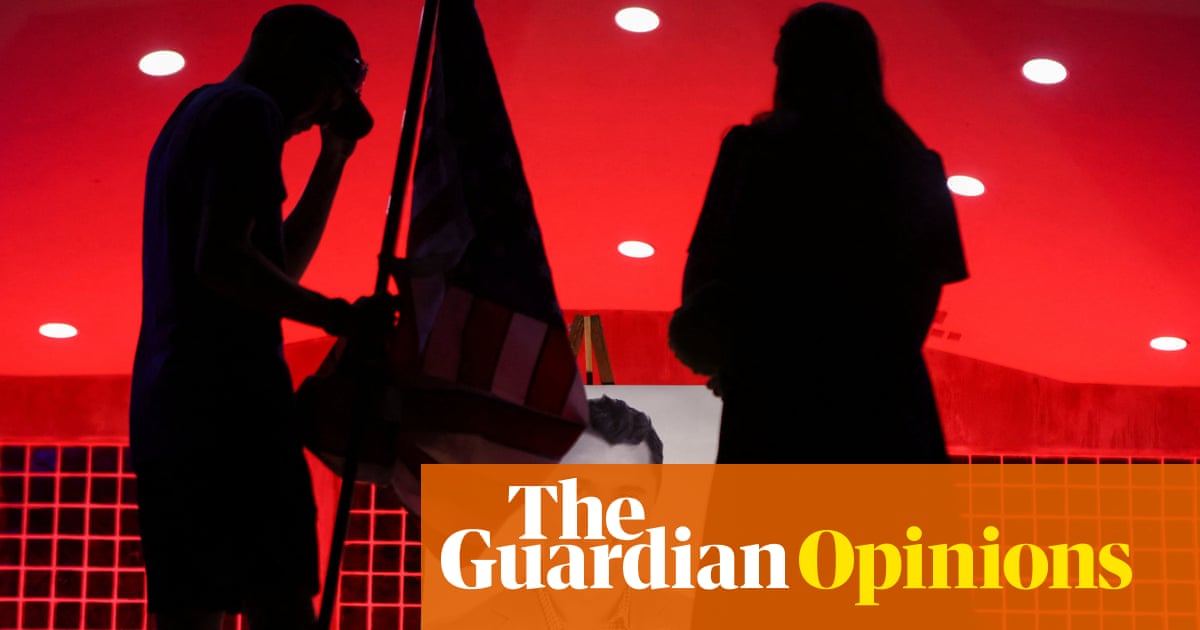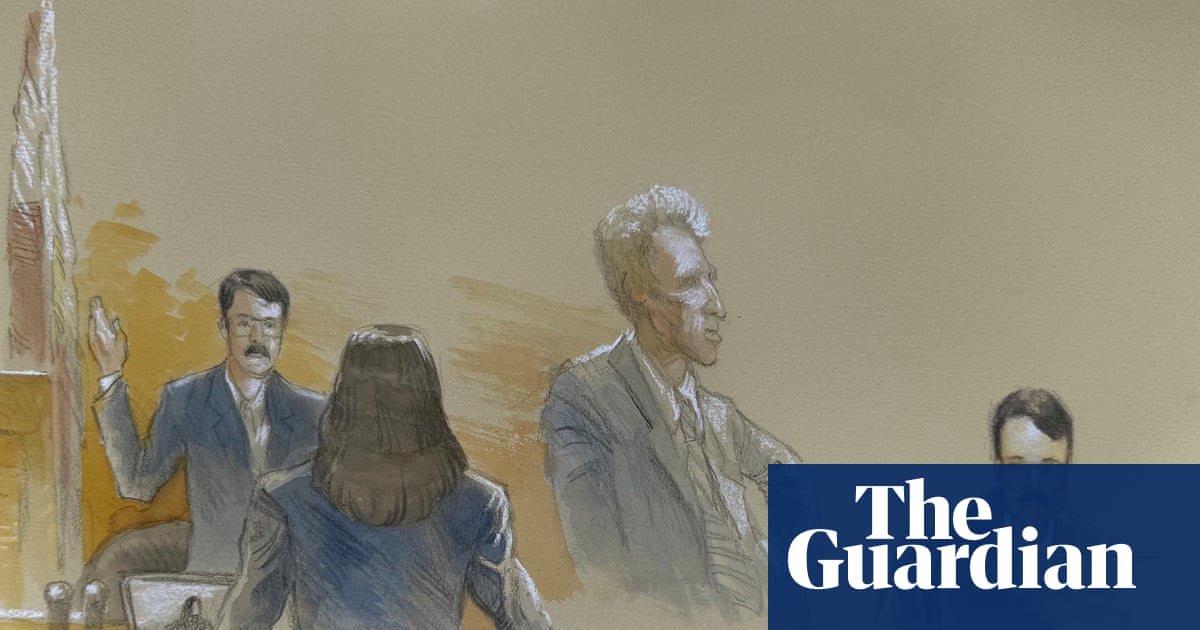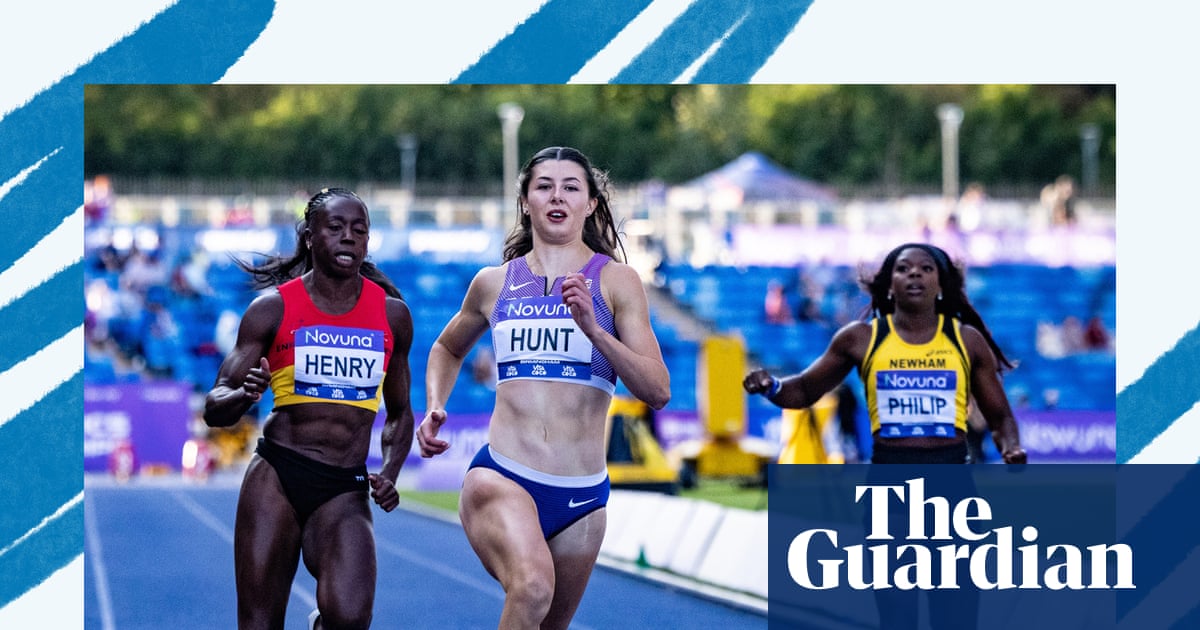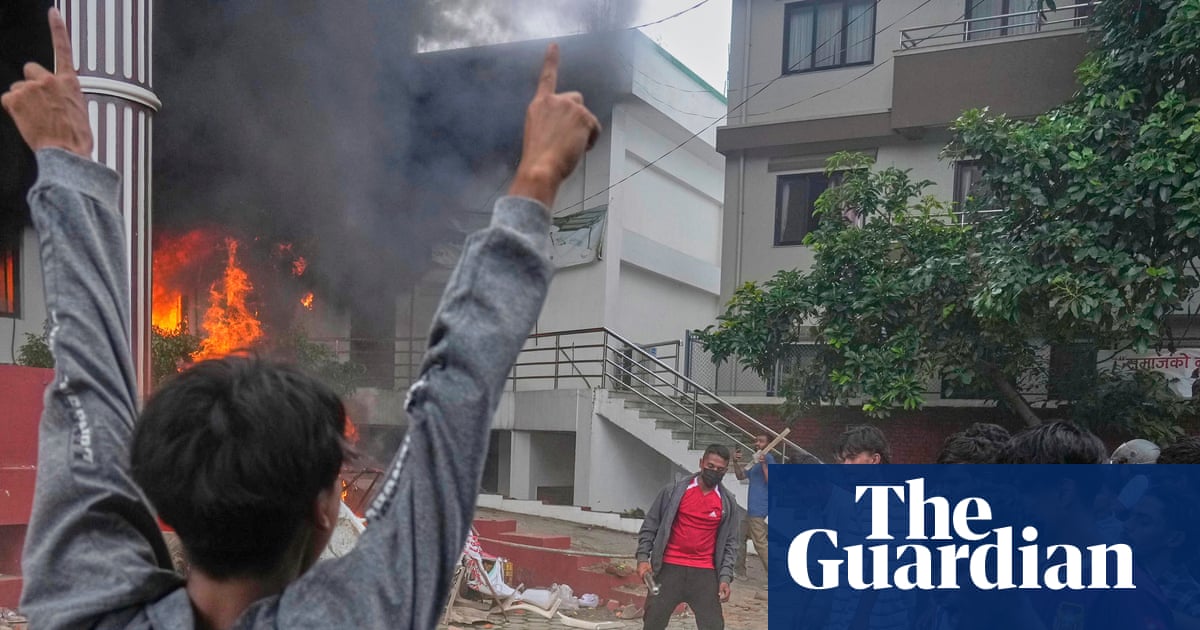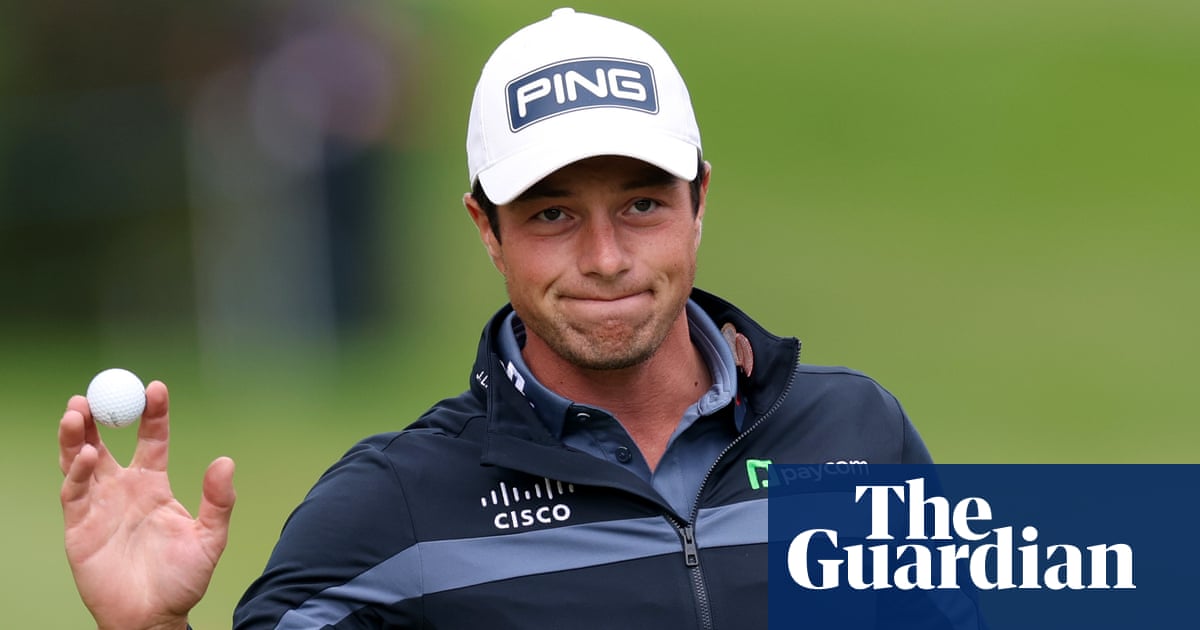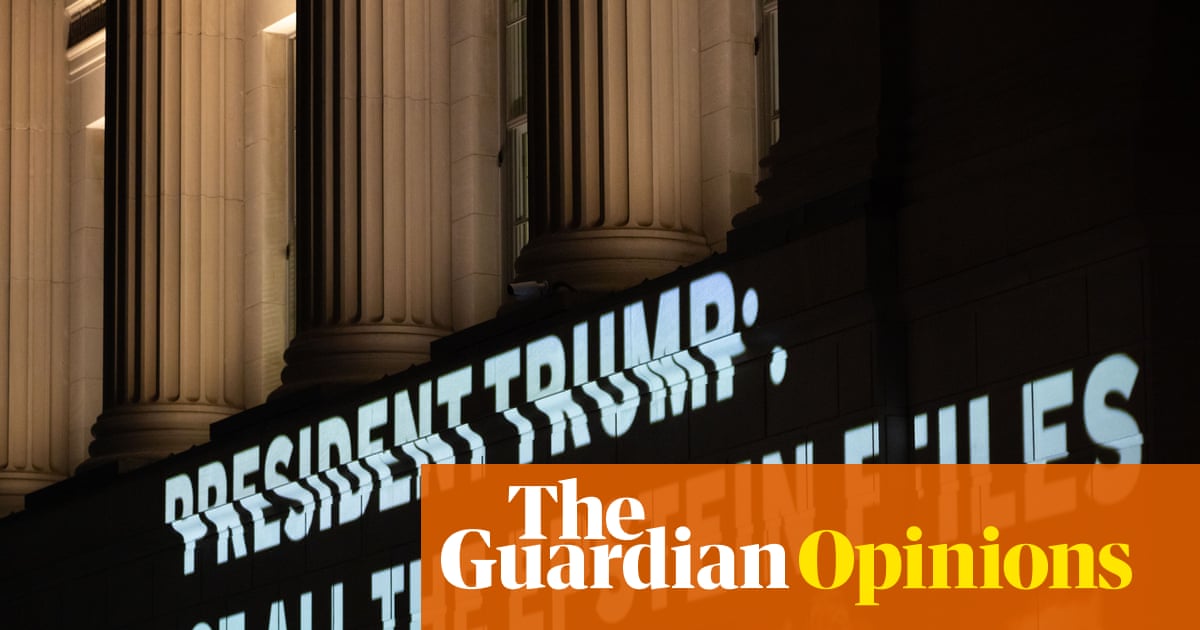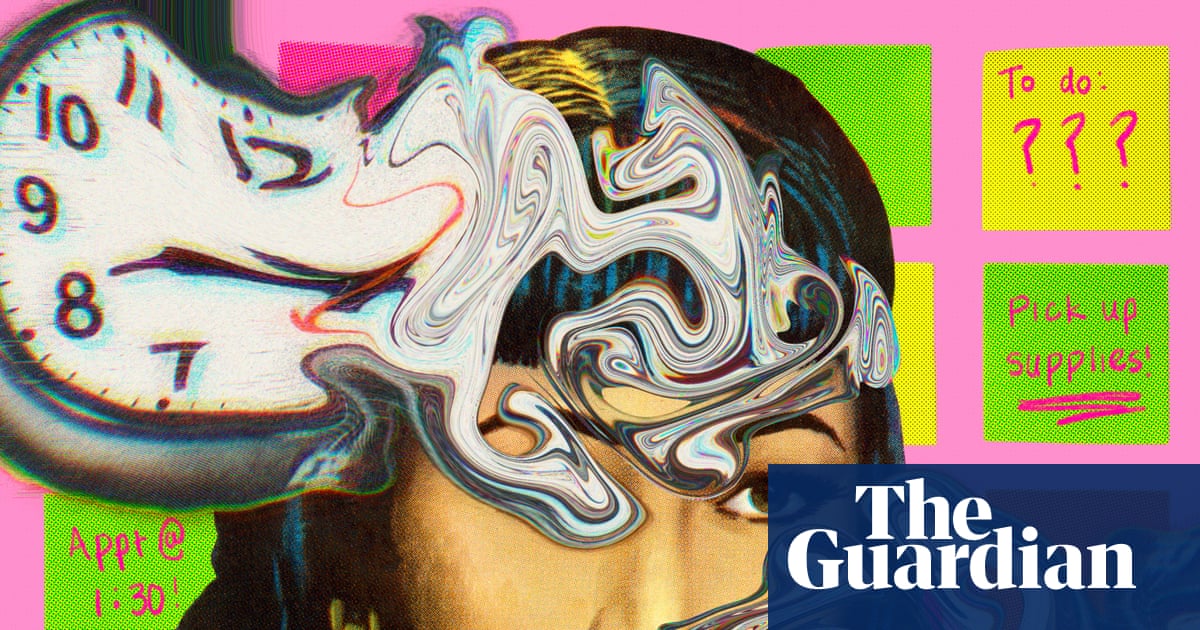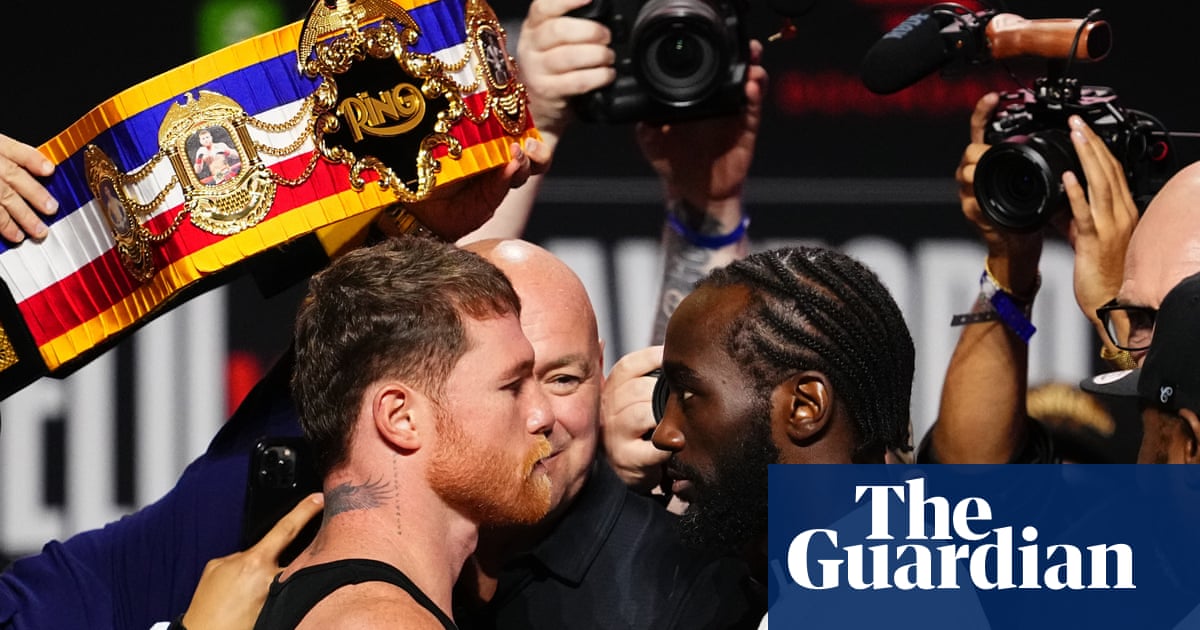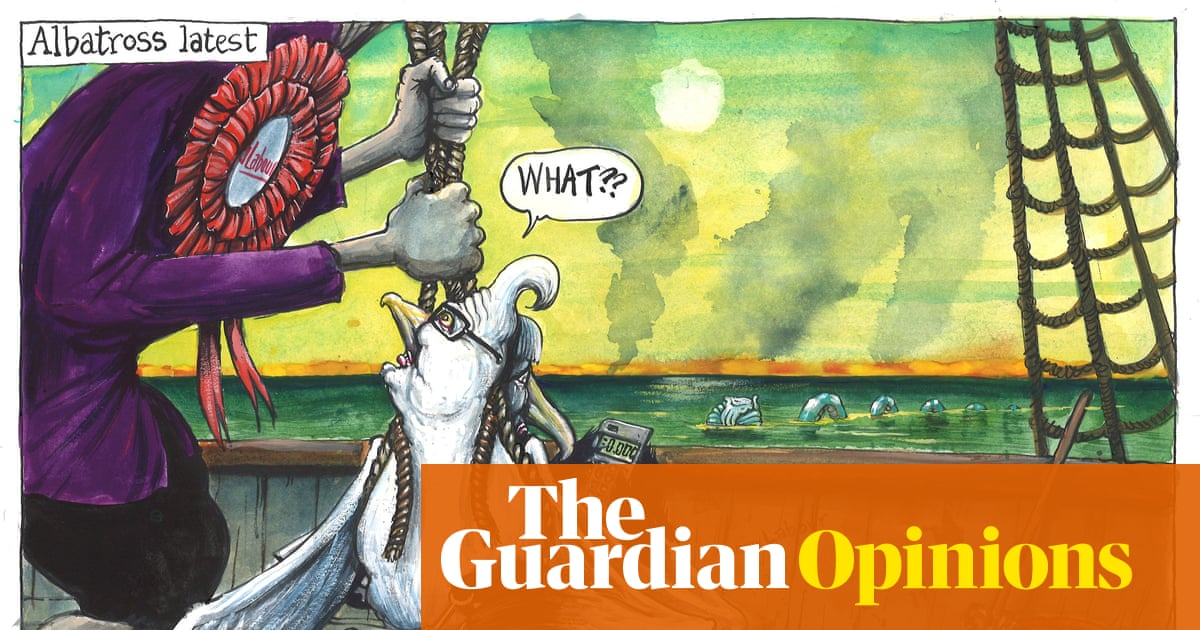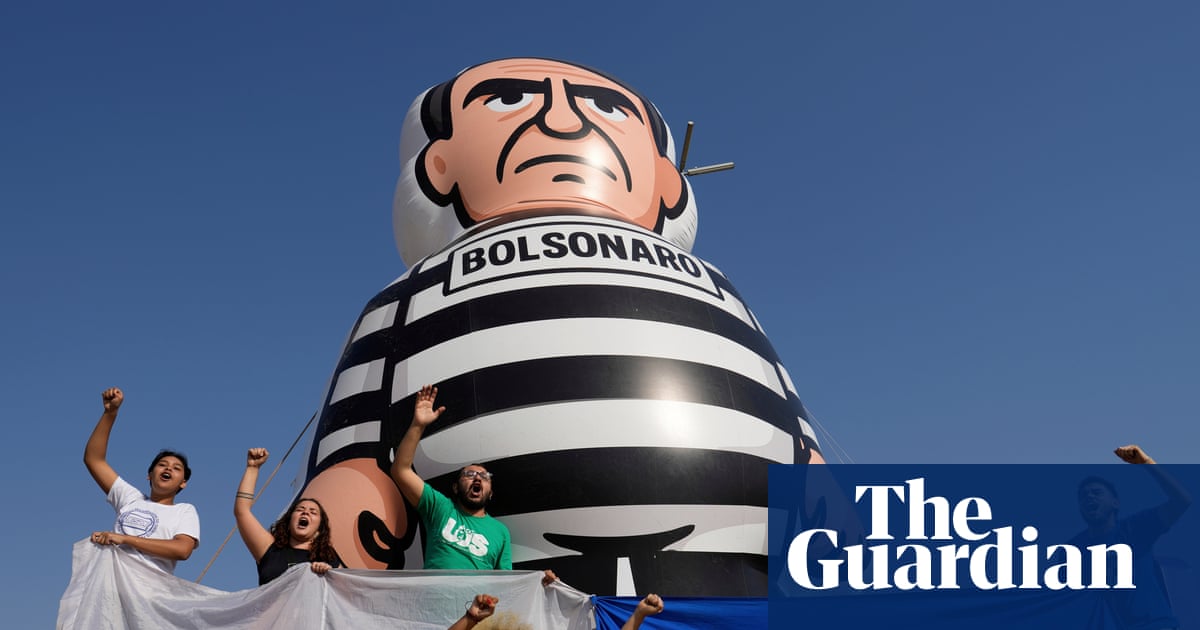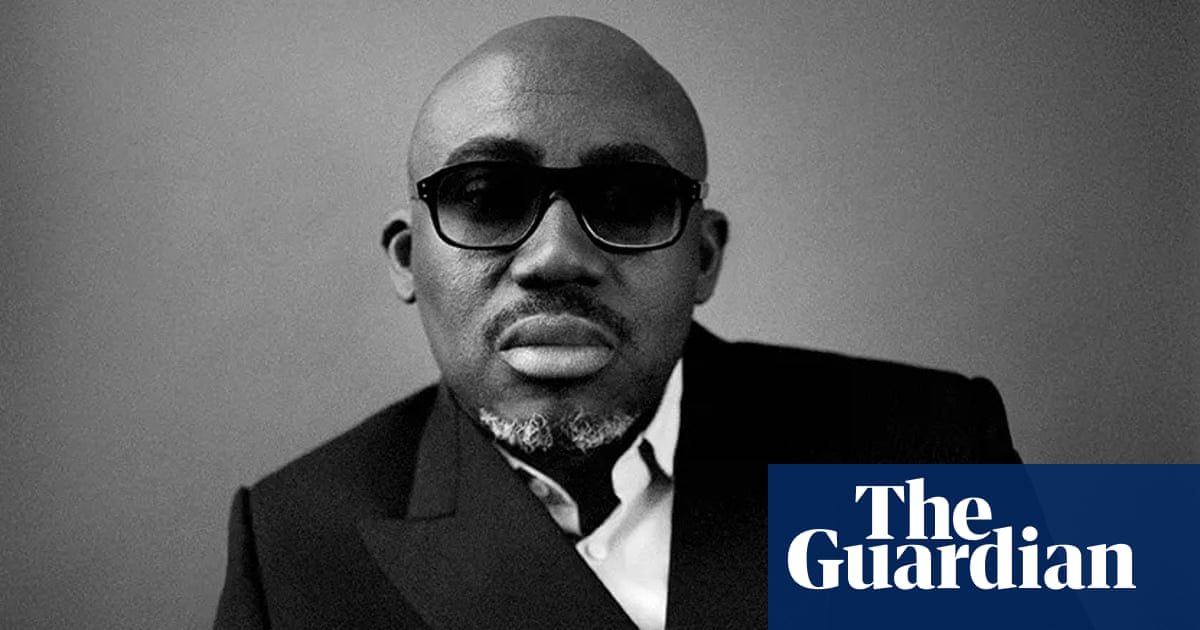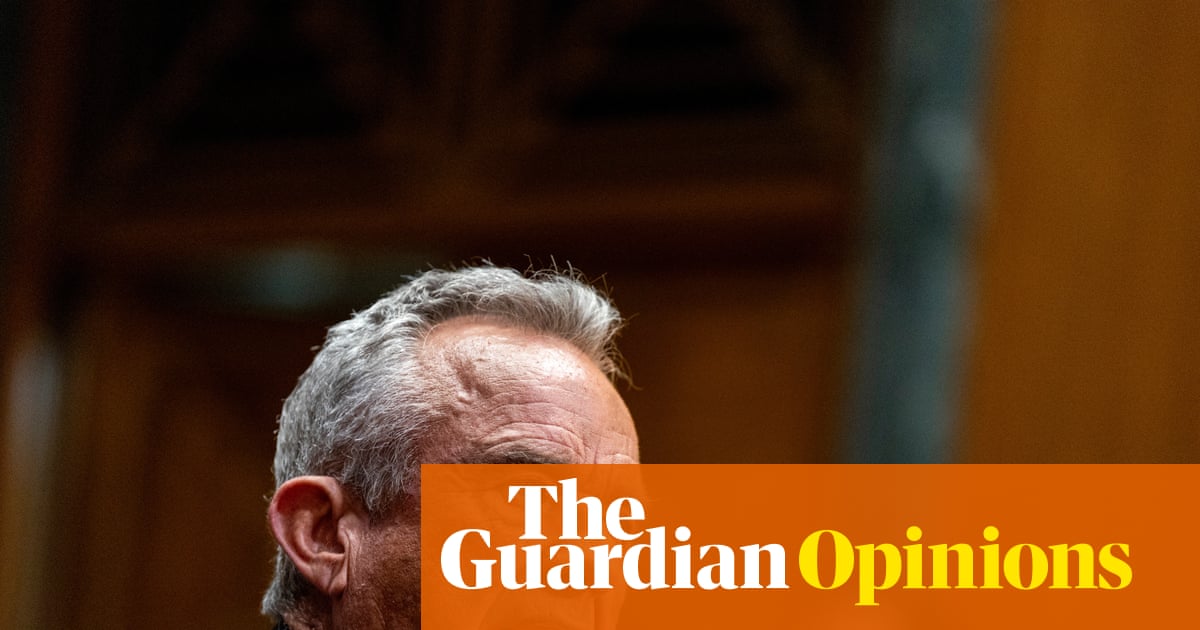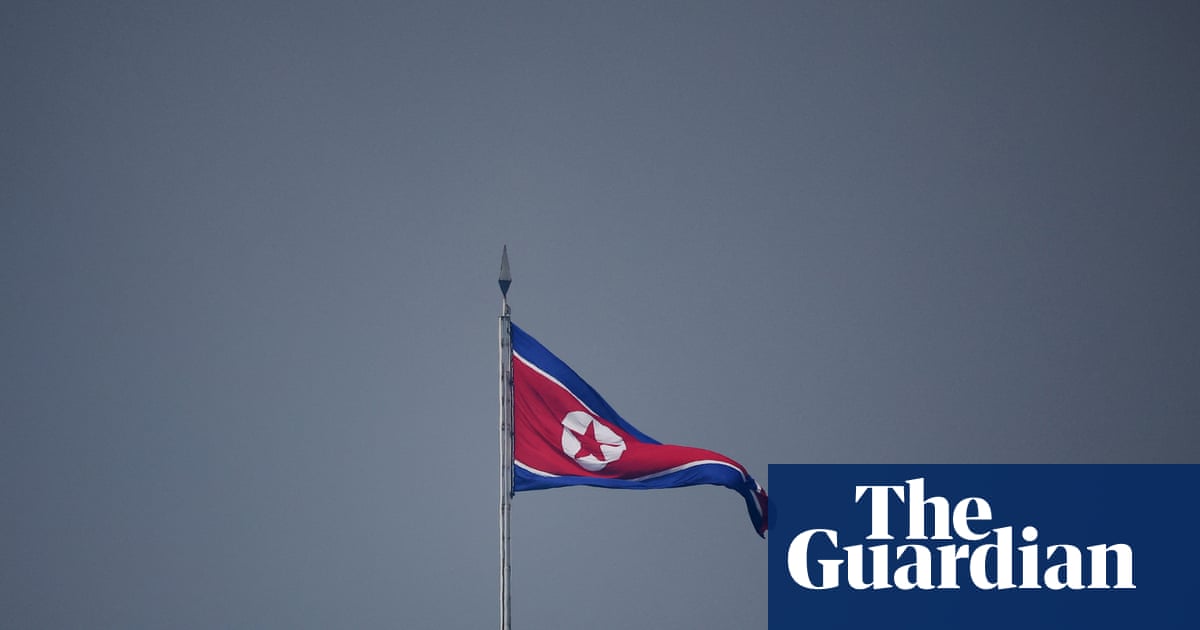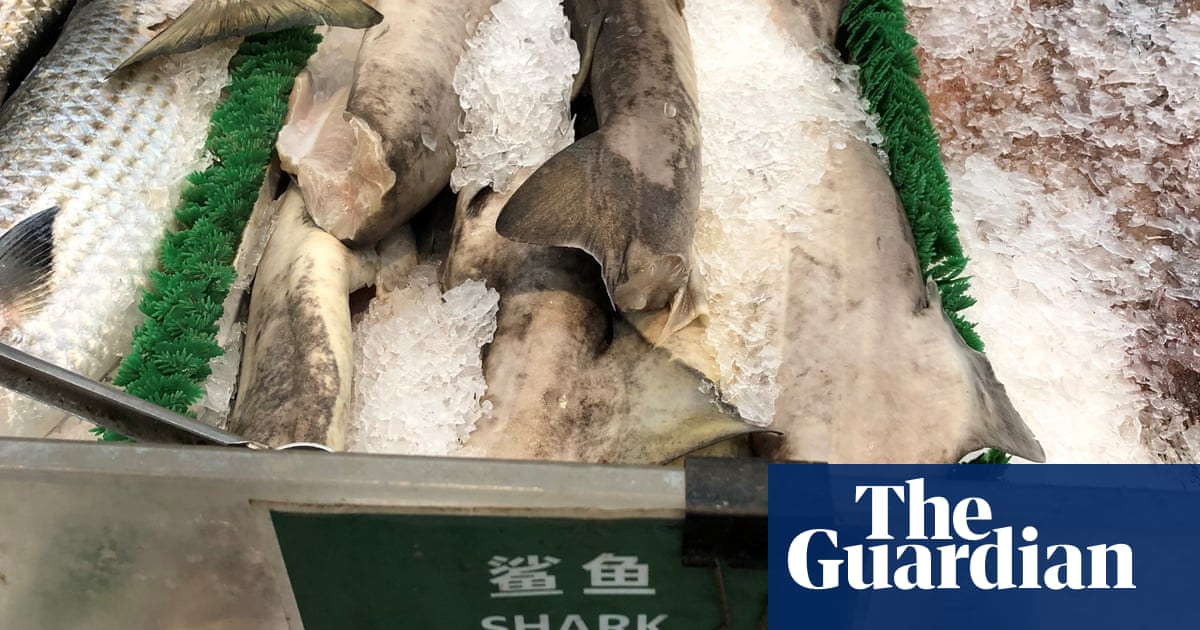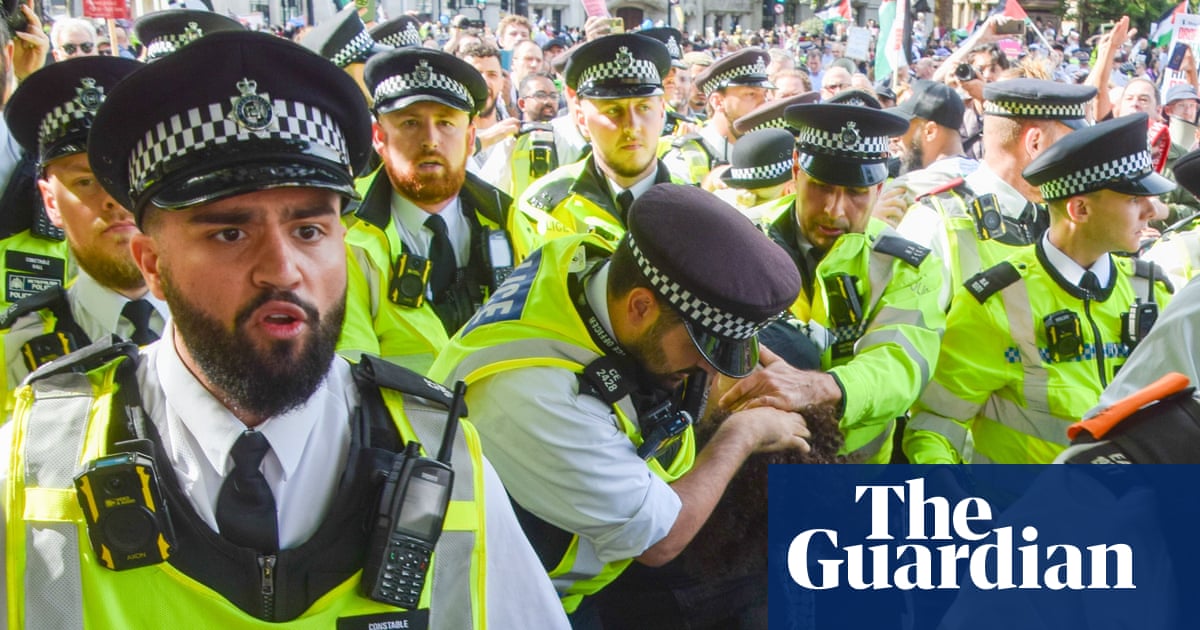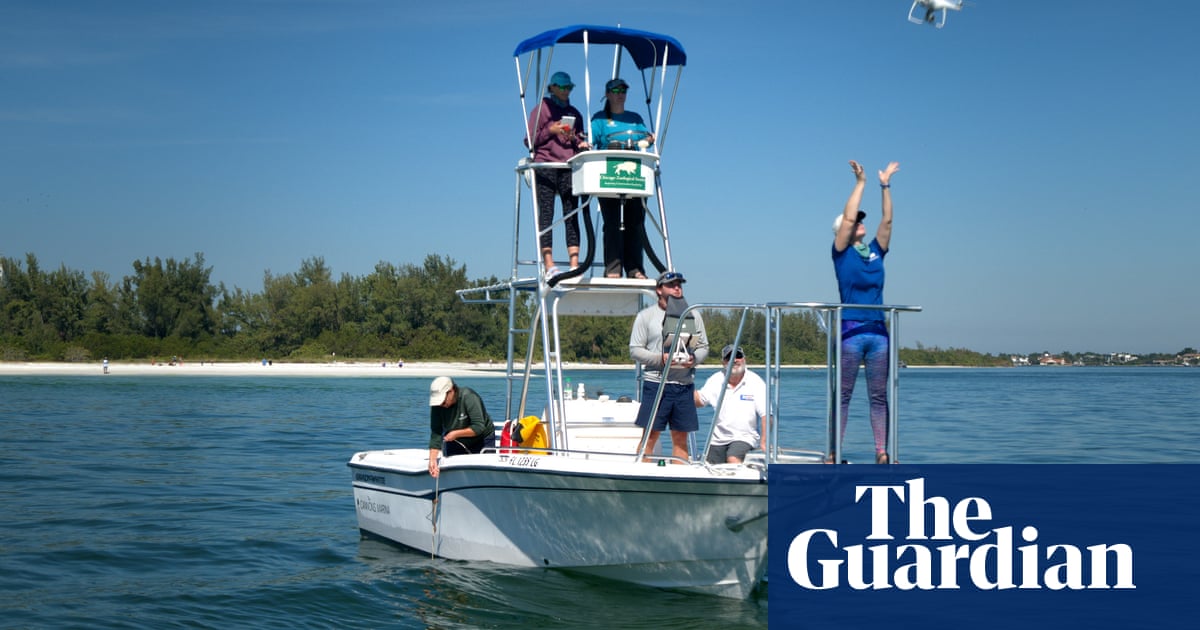A man who eventually became Pablo Escobar’s go-to cocaine pilot has revealed that he first turned down an employment offer from the notorious Colombian drug lord because he was content with the $4m a month he was earning while flying for a competitor.
But, in a new podcast containing what is believed to be his first interview since authorities arrested him at his Florida mansion in 1988, Tirso “TJ” Dominguez recounted how he changed his mind about working for Escobar when the so-called Patron – or boss – offered him a salary that was five times higher: $20m monthly.
“I had 30 Lamborghinis, and I dressed well,” Dominguez says of his ensuing lifestyle during the eight-part documentary podcast titled Cocaine Air, a copy of which was provided to the Guardian. “They brought me the car that matched the shirt that I decided to wear that day.”
The interview that Dominguez granted Cocaine Air host Johnathan Walton after spending more than a dozen years in prison for drug trafficking and money laundering provides a stark, first-hand account of what would motivate someone to work for one of the world’s most infamous criminals. Escobar had a hand in murders, kidnappings and bombings before Colombia’s special forces shot him to death in 1993.
As he told it to Walton, Dominguez only became involved in drug smuggling in the late 1970s after his father, a south Florida real estate developer, unexpectedly died from cancer in the middle of building a sugar mill in Haiti.
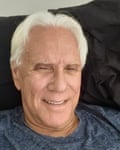
Dominguez says he was 20 at the time, and he was subsequently scammed out of $100,000 by two ruthless Miami bankers who refused to give him the $14m loan his father had secured before dying. Desperate to raise capital for the sugar mill, Dominguez – whose mother was a homemaker – learned to fly airplanes so he could earn some money from drug dealers by illicitly smuggling marijuana into the US from the Bahamas and Colombia.
He says he graduated to illegally flying cocaine over American skies after he dropped $800,000 worth of marijuana into the wrong smuggling boat, prompting his suppliers to kidnap him and threaten to kill him along with his family if he did not quickly make them whole. The quickest path to regaining the lost investment was to fly a plane load of coke to be dealt on behalf of another supplier, so Dominguez did it, according to what he says.
“I never wanted to get into cocaine because cocaine [smugglers] were the bad guys … doing all the killing,” Dominguez says on Walton’s podcast, which is unrelated to an upcoming Netflix documentary of the same name but on a different subject. “I don’t condone drugs. I’ve never done any drugs. I was the victim of a con which actually pushed me in the direction that I ended up in.”
Nonetheless, that first flight brought Dominguez a cool $1m to pay back his irate weed suppliers, he says. He says that was lucrative enough for him to decide to begin flying smuggled cocaine full-time, proving himself to be someone who was punctual as well as professional – and he never lost a shipment.
Dominguez said his reliability ultimately captured the attention of Escobar, who tried to recruit him to his cartel. Yet Dominguez, also nicknamed Tito, initially was unmoved, saying he was fine with four flights a month at $1m a pop.
“I’ll be honest with you – Pablo Escobar didn’t mean anything to me,” Dominguez says on Cocaine Air. “I [was] full of myself. I walk on water, you know? I’m making $4m a month. What the hell’s wrong with that?”
Escobar then offered to pay Dominguez for four flights a month at $5m a trip. Dominguez thought $20m monthly – the equivalent of $60m today when factoring in inflation – was too much to pass up. And he says that was when he opted to begin flying for Escobar exclusively.
That fee evidently became too much even for Escobar, who later started paying Dominguez in cocaine. Dominguez at that point went from a cocaine smuggler to a dealer, meaning he could fly the product, sell it, collect the proceeds, launder the money and invest the funds – all on his own, without needing to count on middle men.
“I did what no other smuggler had ever done in the history of smuggling,” Dominguez bragged to Walton, whose prior projects include the hit Queen of the Con: The Irish Heiress podcast series.

In a particularly noteworthy moment on Cocaine Air’s series opener, Dominguez reads from a memoir co-authored by Escobar’s brother – his accountant Roberto Escobar – that asserts TJ had a fleet of 30 airplanes and was one of the “main transporters” for Pablo’s drug empire.
Dominguez recalled accumulating a mansion, a company that sold cellphones at a time when the devices cost $5,000 a piece, a housing development, a charter airplane and boat business, and an exotic car dealership at the peak of his powers. He even raised a pet mountain lion whom he dubbed Top Cat.
But it all came crashing down one early morning in April 1988 when federal investigators – equipped with rifles and helicopters – descended on his house and arrested him. Prosecutors had charged him and 12 associates with illegally bringing more than five tons each of marijuana and cocaine into south Florida from at least July 1984 to December 1985, as the Miami Herald and Sun Sentinel newspapers reported.
Officials contended that Dominguez’s exotic-car dealership in Fort Lauderdale, Florida, and his other businesses in the area were fronts for a multimillion-dollar drug smuggling ring. They seized two dozen luxury cars – Lamborghinis, Ferraris, Excaliburs and Panteras – and five airplanes collectively worth nearly $3m to auction them off, among other consequences for Dominguez.
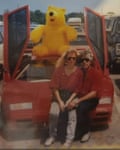
In 1991, about two years before Escobar’s slaying, Dominguez pleaded guilty to distributing cocaine and marijuana as well as illicitly laundering money. He spent 13 years imprisoned, including two in solitary confinement after one of his fellow inmates reported Dominguez after he managed to buy a helicopter from within his cell and plotted to be flown out to freedom.
Dominguez explains on Cocaine Air that, before being caught, he had instructed the helicopter pilot to land on the grounds of the prison and then “just jump me over the fence”.
“There was a canal, not too far away – I had a car waiting for me,” Dominguez says on Cocaine Air, which premiered Wednesday with plans to release new episodes weekly through 23 July on podcast platforms such as Apple and Spotify.
Now aged 73, Dominguez told the podcast that he considers his debt to society repaid and aspires to become a legitimate entrepreneur.
“Failing is when you quit,” Dominguez says of his desire to write a new chapter in his life. “You’re going to fall? You fall forward. That means you gained two steps already.
“The glass is always half full for me.”

 3 months ago
45
3 months ago
45

